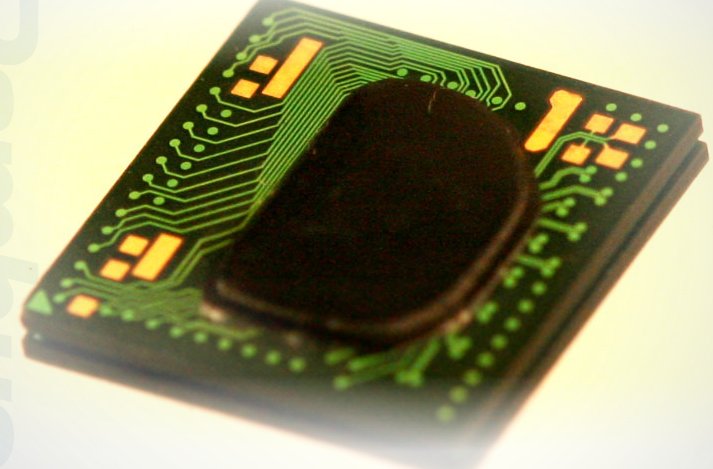Rambus is Back; Aims to Supercharge Mobiles
Rambus has unveiled its new initiative to bring high-speed memory to mobile devices.
Creatively named the Mobile Memory Initiative (MMI), the effort focuses both on high speed and low power memory technologies. Rambus says that it is targeting data rates of 4.3 Gbps, which could facilitate more than 17 GB of memory bandwidth from a single DRAM. This could afford designers to create more elaborate mobile devices, such as cell phones.
“As consumer expectations grow for more media-rich applications on their mobile devices, new memory solutions will be needed to keep pace with the rapidly increasing bandwidth requirements,” said Martin Scott, senior vice president of Research and Technology Development at Rambus.
Rambus detailed three different innovations that are a part of its MMI. The first is Very Low-Swing Differential Signaling (VLSD), which aims to keep performance up while minimizing power consumption.
The second is what Rambus calls a “FlexClocking Architecture,” which utilizes asymmetric partitioning and places critical calibration and timing circuitry in the controller interface, greatly simplifying the design of the DRAM interface and also reducing power needs.
The third technology is an advanced power state management system that ensures that the memory is only powered up when needed. The architecture provides quick transition times between three power states, ranging from full power on both the DRAM and memory controller to a deep power down where only leakage power is consumed.
Despite what Rambus advertises on its website, super-fast, power conscious memory alone won’t bring high-definition movies to your phone, but perhaps when combined with faster processors it’ll soon be a reality.
Get Tom's Hardware's best news and in-depth reviews, straight to your inbox.
-
benrandolph This just in. Rambus isnt actually going to make anything useful...they're just going to take out all the patents and then later sue any other company with similar ideas.Reply
whoa....deja vu -
Kary "Rambus says that it is targeting data rates of 4.3 Gbps, which could facilitate more than 17 GB of memory bandwidth from a single DRAM."Reply
Is this 32 bit memory? (That's the only way I can get the math to work out to just 17GB/s) -
Tekkamanraiden Yeah I was really hoping they were out of business. Guess this is what they are spending are the 'sue' money on.Reply -
Kary "Rambus is Back; Aims to Supercharge Mobiles"Reply
Lol, I can't believe I missed the "Super charge" -
Rambus needs to go away, they don't do anything useful, and their technology is crap. They patent simple ideas that any other company would've allowed to be an open standard, and then siphon money off the backs of companies that actually do something. I'm sure that their patent process goes something like this:Reply
1. Predict what direction the memory industry will head in.
2. Patent anything that isn't already patented.
3. Tirelessly scour everybody elses white papers looking for a reason to sue. -
roofus I hate to see any company fail but this is one that would be a welcomed exception. What I dont understand is how did they develop something new? Didn't they trade their R&D for a team of patent lawyers?Reply

